Jeju Island Uncovered: 7 Unique Local Spots for an Authentic Experience
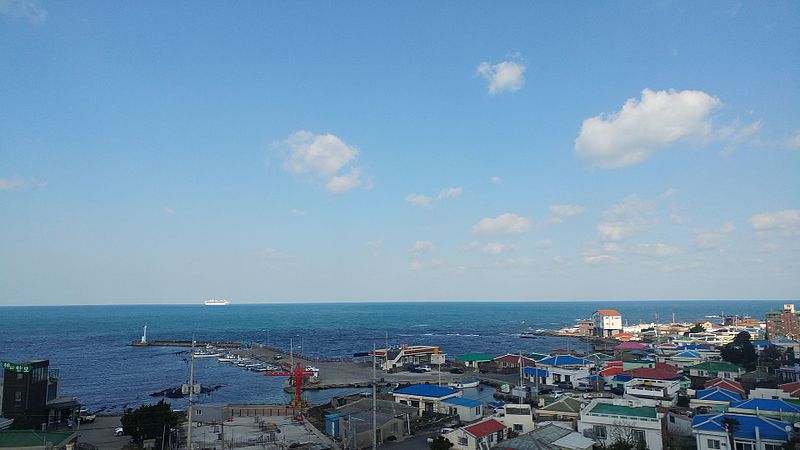
Jeju Island, an enchanting gem off the southern coast of South Korea, is known for its stunning natural beauty and vibrant cultural heritage. While popular attractions like Hallasan Mountain and Seongsan Ilchulbong Peak are must-sees, the island also boasts numerous hidden gems that offer a more authentic experience. In this guide, we delve into seven unique local spots on Jeju Island that promise to enrich your visit with unforgettable memories and a deeper understanding of its local culture.
1. Seongeup Folk Village
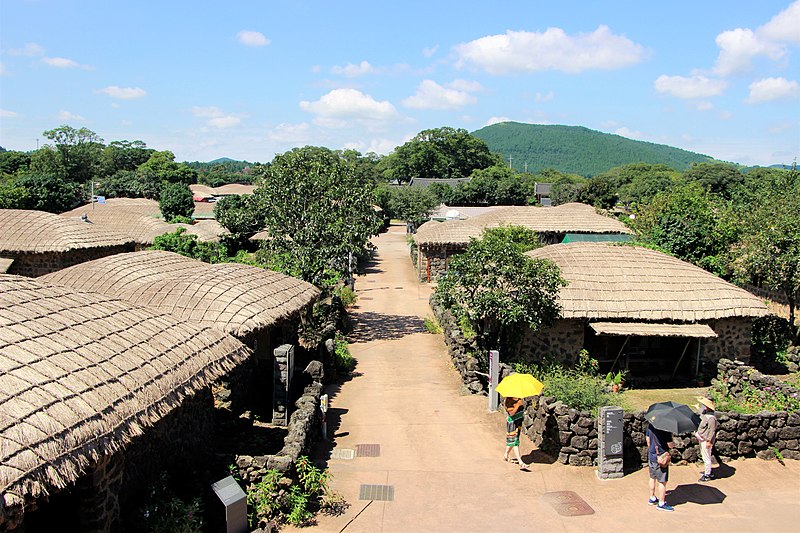
Step back in time with a visit to Seongeup Folk Village, a captivating snapshot of Jeju’s traditional lifestyle. This well-preserved village features charming thatched-roof houses, stone walls, and ancient artifacts, offering a glimpse into the island’s past. Here, you can explore narrow lanes lined with heritage homes and communal spaces.
As you wander through the village, remember to respect the privacy of residents who still live in these historic homes. Engage with locals to learn about their customs, and perhaps even sample traditional Jeju cuisine.
2. Hyeopjae Beach and Biyangdo Island
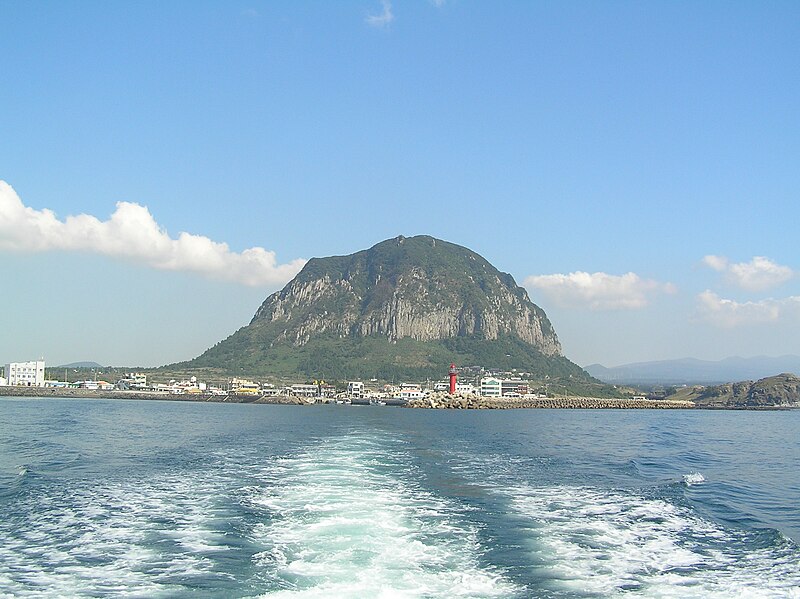
Hyeopjae Beach, with its crystal-clear waters and white sand, is a breathtaking spot to relax and unwind. Situated on the western coast of Jeju, this beach is a favorite among locals and offers stunning views of Biyangdo Island, which lies just offshore.
For a more adventurous experience, take a short boat ride to Biyangdo Island. This small, unspoiled island offers hiking trails and panoramic views of the surrounding sea. It’s a perfect spot for those looking to escape the crowds and enjoy Jeju’s natural beauty.
3. Osulloc Tea Museum
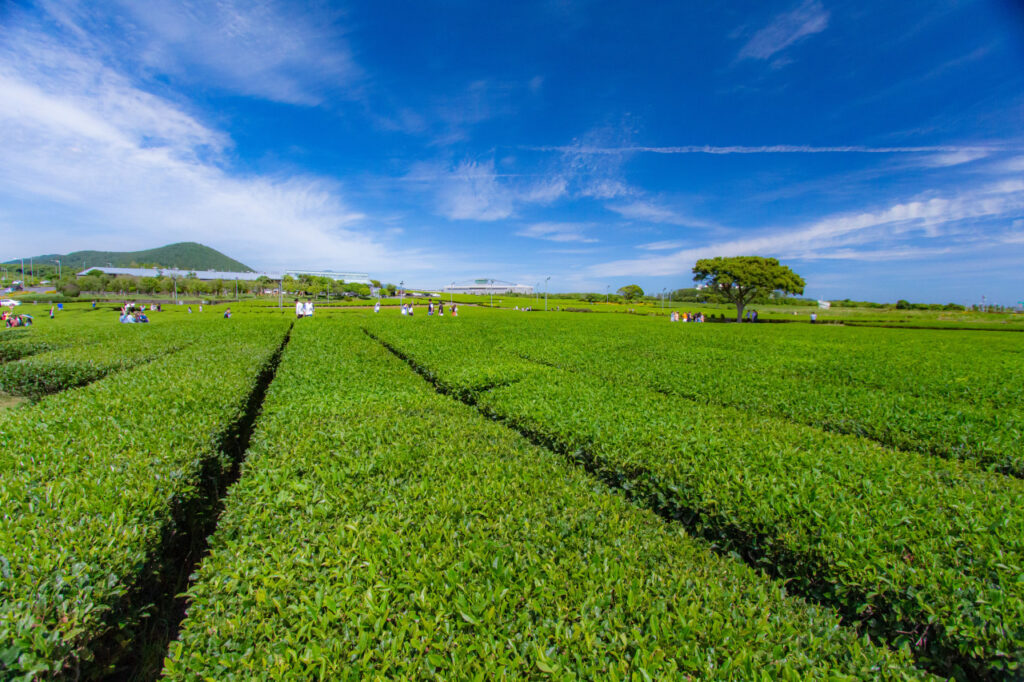
For a taste of Jeju’s agricultural heritage, visit the Osulloc Tea Museum. Located near Seogwang Tea Garden, the museum provides insights into Korea’s tea culture and the island’s unique green tea varieties. You can explore the lush tea fields, learn about tea production, and enjoy a cup of freshly brewed tea.
The museum also features a café and gift shop, where you can purchase tea-related souvenirs. This is a wonderful spot to relax, savor the tranquil surroundings, and indulge in some refreshing tea.
4. Jeju Stone Park
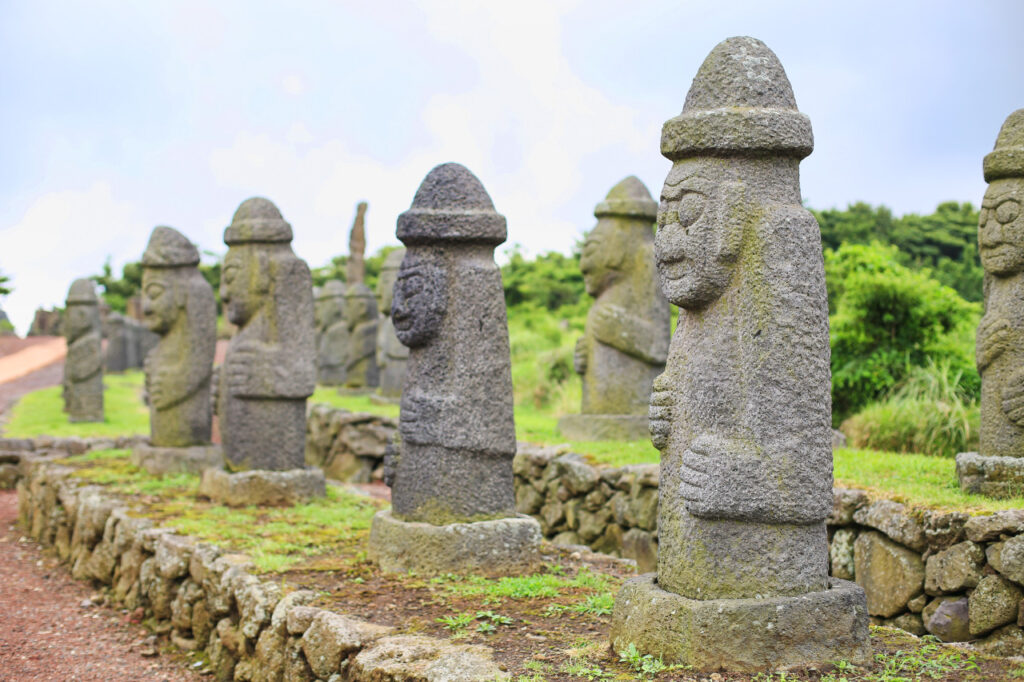
Jeju Stone Park is a tribute to the island’s volcanic origins and the distinctive stone culture of Jeju. The park features an extensive collection of rock formations, sculptures, and stone artifacts, all set against a backdrop of lush greenery.
The exhibits highlight the significance of stones in Jeju’s cultural and spiritual life. As you explore the park, you’ll gain an appreciation for the island’s geological history and the creativity of its people.
5. Manjanggul Cave
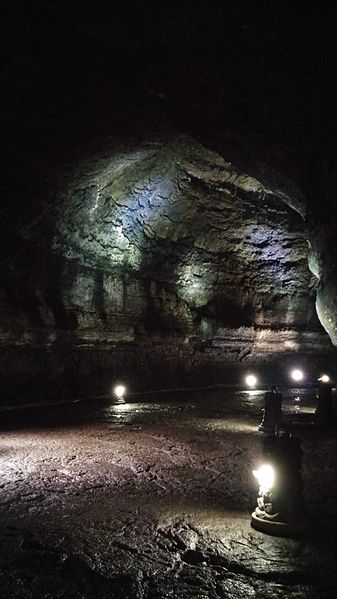
Venture underground to discover Manjanggul Cave, one of the world’s longest lava tubes. This UNESCO World Heritage site is a geological wonder, showcasing stunning lava formations and unique cave fauna.
The cave is well-lit and equipped with walkways, making it accessible for most visitors. As you explore this underground marvel, you’ll be amazed by the sheer scale and beauty of the natural formations. Remember to dress warmly, as the cave can be quite cool.
6. Dongmun Traditional Market
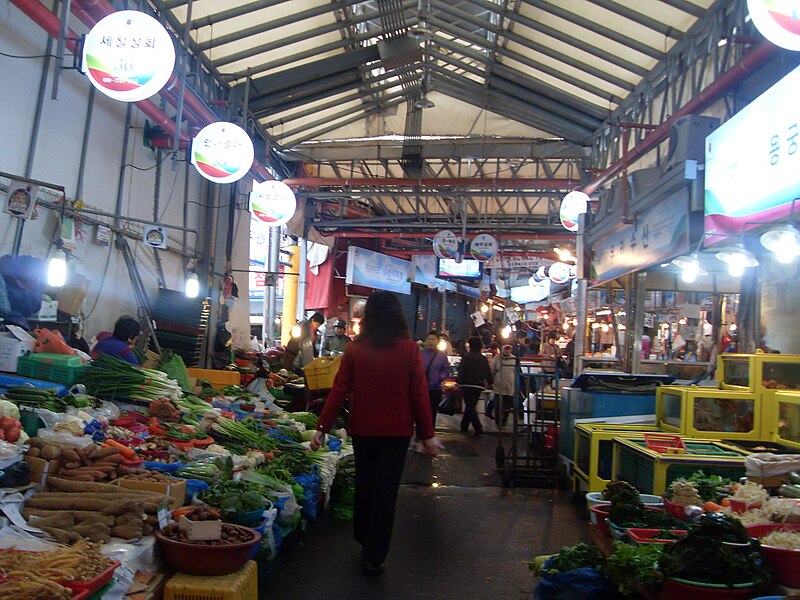
For a taste of local life, visit Dongmun Traditional Market in Jeju City. This bustling marketplace is a sensory delight, offering a wide array of fresh produce, seafood, and traditional Korean snacks.
As you wander through the market stalls, take the opportunity to try some local delicacies like Jeju black pork, tangerines, and seafood pancakes. Engaging with vendors and sampling their offerings is a wonderful way to immerse yourself in Jeju’s vibrant food culture.
7. Spirited Garden
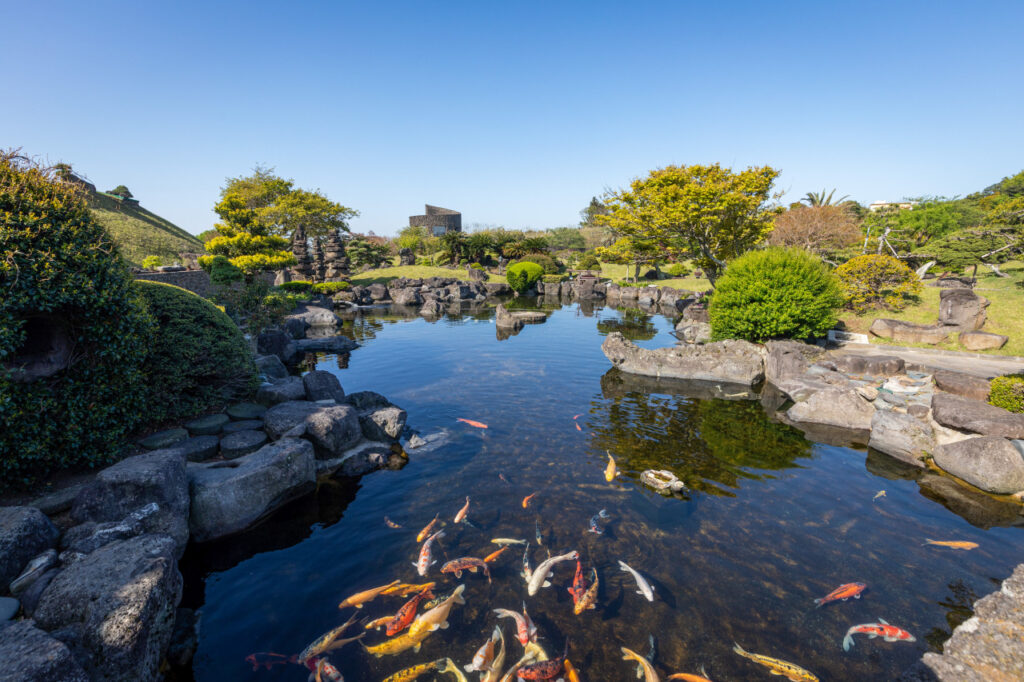
The Spirited Garden, often referred to as a bonsai paradise, is a serene oasis that showcases the artistry of bonsai cultivation. Located in the heart of Jeju, this beautifully landscaped garden features a collection of exquisite bonsai trees, water features, and traditional Korean pavilions.
Stroll through the garden paths, taking in the tranquil ambiance and appreciating the meticulous care that goes into maintaining each bonsai. The Spirited Garden is a perfect spot for reflection and relaxation, offering a peaceful retreat from the hustle and bustle of daily life.
Practical Tips for a Respectful Visit
As you explore these unique spots, keep in mind the importance of respecting local customs and private residences. Here are some practical tips to ensure a respectful and enjoyable visit:
- Ask for Permission: Before taking photos of people or private homes, always ask for permission.
- Dress Appropriately: When visiting traditional or religious sites, dress modestly to show respect for local customs.
- Support Local Businesses: Purchase handmade crafts and souvenirs from local artisans to support the community.
- Leave No Trace: Ensure you leave natural sites as you found them, taking care not to disturb the environment.
Conclusion
Jeju Island is a treasure trove of unique local spots that offer an authentic glimpse into its rich cultural heritage and natural wonders. By venturing beyond the well-trodden paths, you’ll discover the true essence of Jeju and create lasting memories of your journey. Whether you’re a seasoned traveler or an aspiring travel blogger, these hidden gems provide a wealth of inspiration for your next adventure. Embrace the island’s spirit, respect its traditions, and let Jeju’s unique charm captivate your heart.
Looking for accommodation in Seoul?
Start with Stay Korea
Fill Out the Form Below to Get Started
The more info you share, the better we can match you!












